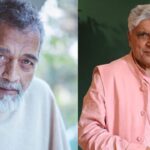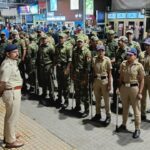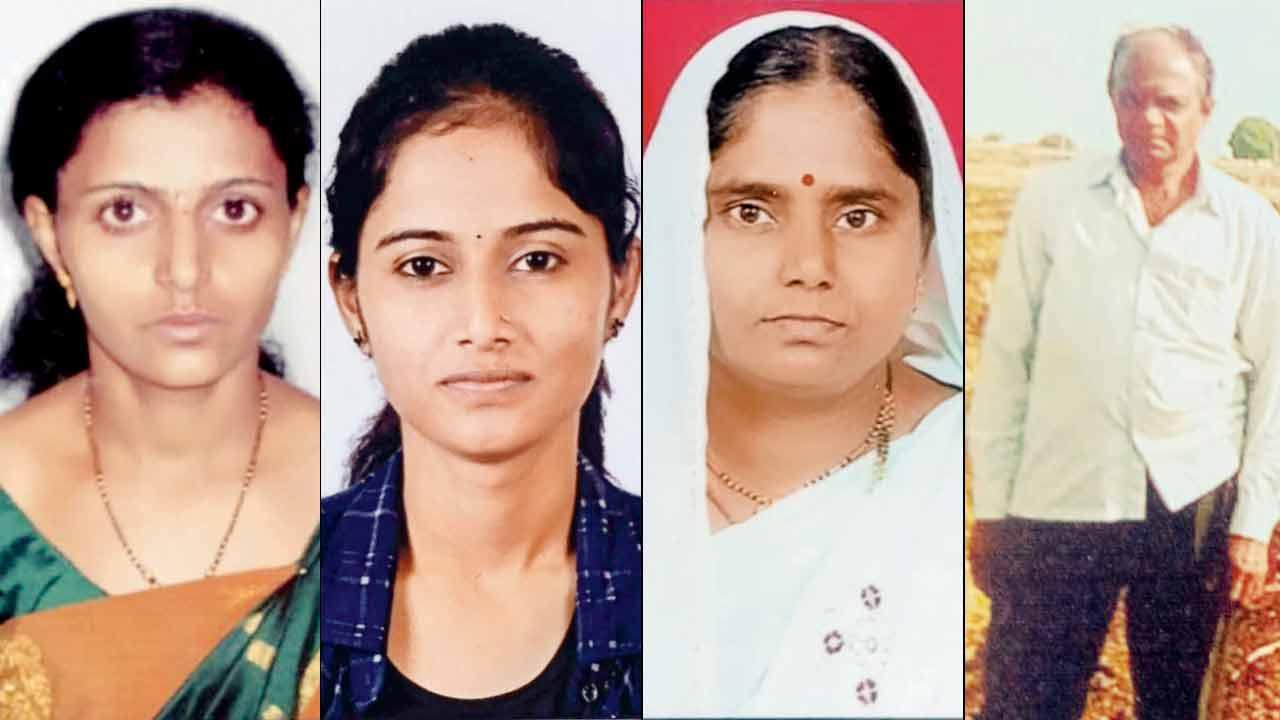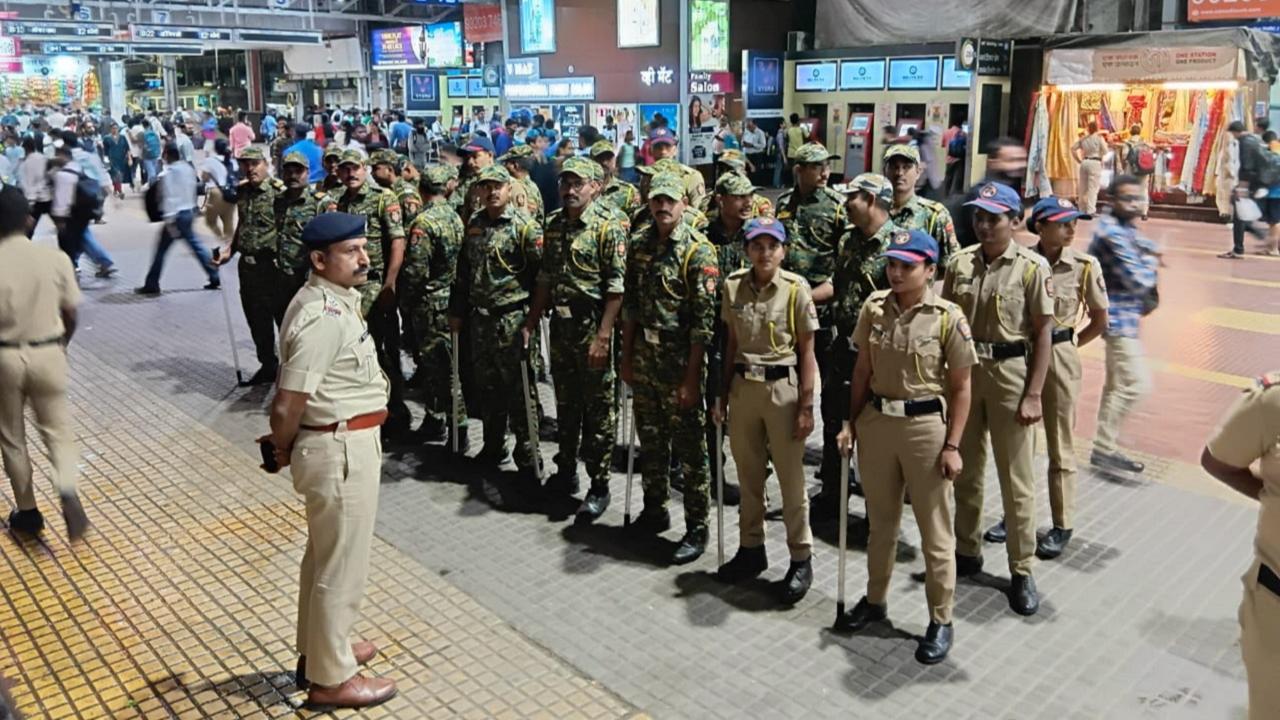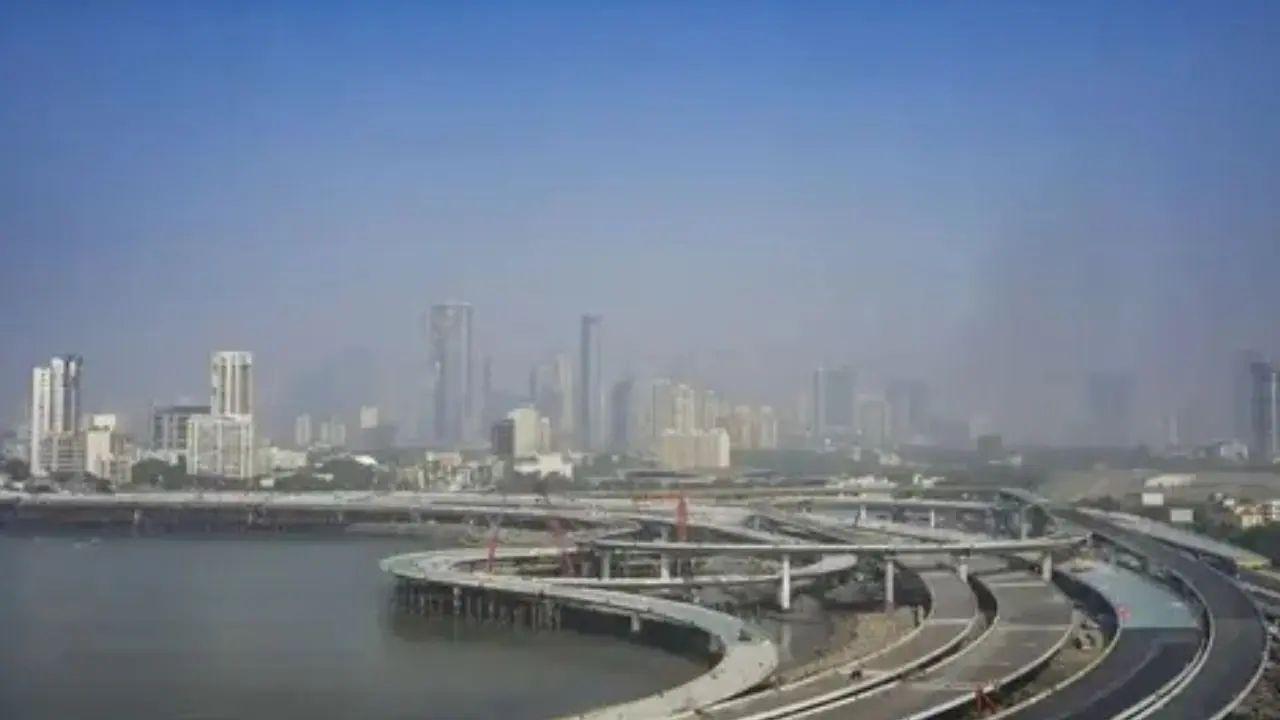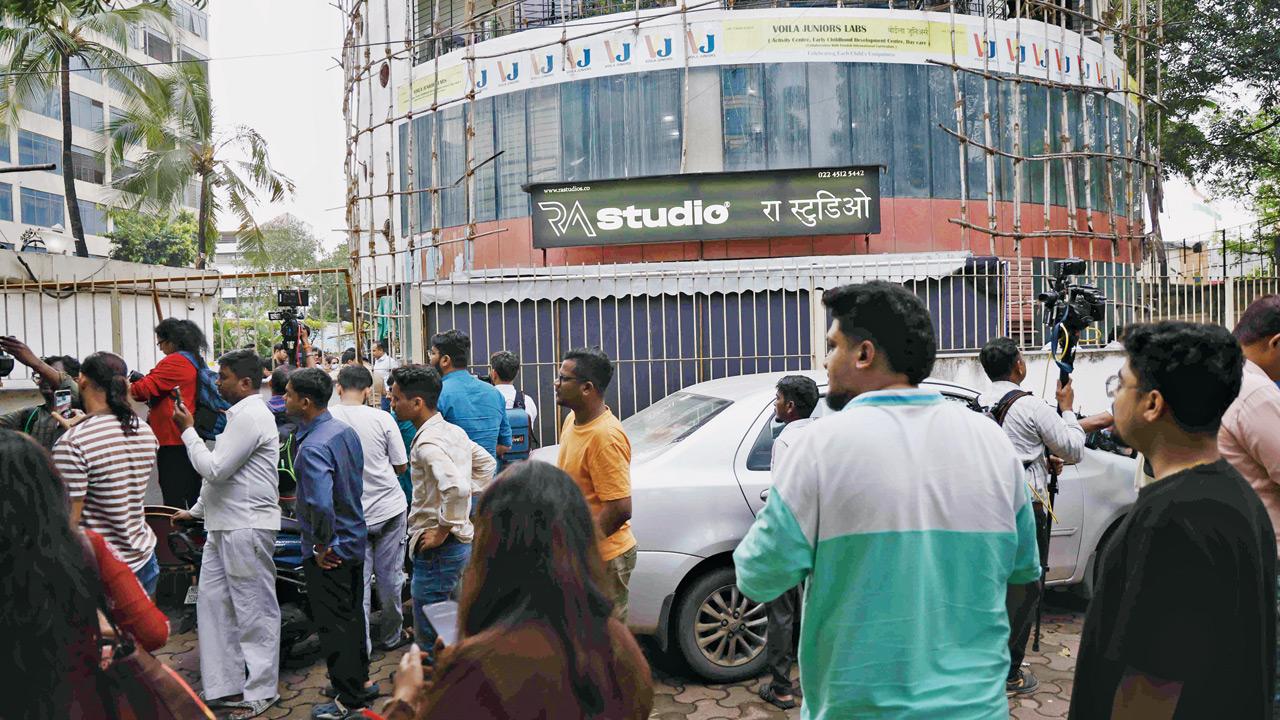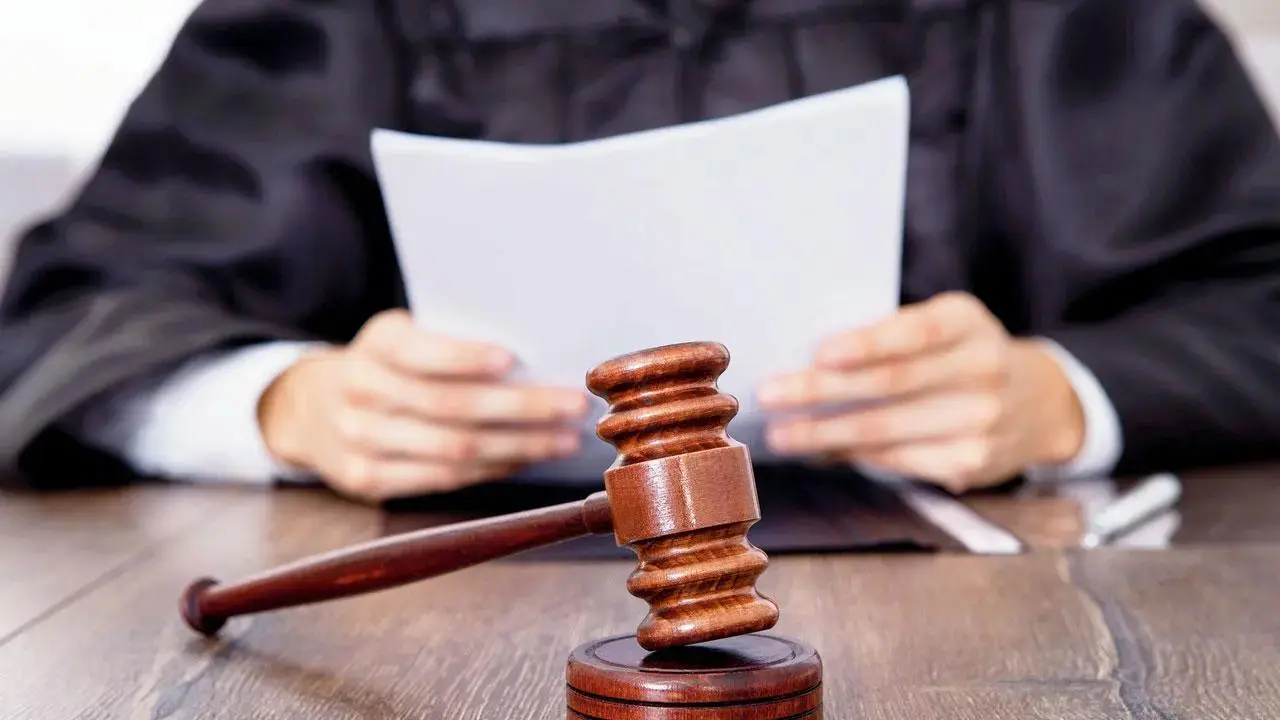The division bench of the Bombay High Court at Aurangabad has directed the Maharashtra government to extend the same six-month grace period for submitting caste-validity certificates to Scheduled Tribes (ST) that is granted to other reserved-category students, including those in MBBS and engineering courses.
The case involved four sisters from Osmanabad, whose admissions to higher studies were at risk due to delays in the verification of their caste certificates. Despite providing extensive historical documentation, their certificates were not processed in time.
The court criticised the state’s discriminatory policy, ruling that ST students should be treated equally under the law. These four sisters have set a precedent for other ST students across the state, highlighting the need for fair treatment and timely processing of caste claims.
The sisters’ case
The petitioners — Bhakti, Sangita, Vaibhavi, and Anita Vyankatrao Koli — are from the Koli Mahadev tribe, a recognised ST in Marathwada. While Vaibhavi is a second-year BSc student, all other siblings are graduates and postgraduates, keen to study further and have recently cleared the MH-CET examinations. Despite submitting extensive documentation, including ancestral records dating back to 1928, their caste certificates were not processed within the mandated six-month verification period.
Mohanish Thorat, advocate
Advocate Mohanish Thorat, representing the petitioners, argued that the government’s policy was discriminatory. “While students from other reserved categories are granted a grace period, our clients, from marginalised tribal communities, were unfairly excluded,” he said, stressing a violation of the constitutional right to equality under Article 14.
“In this case, the state of Maharashtra has extended relaxation for submission of certificates of validity for professional courses, such as MBBS and engineering, only excluding ST students. In fact, in the present case, the student got admission, but for want of a validity certificate, her admission could not be confirmed,” said Thorat.
Interim relief
The division bench of the Bombay High Court directed that the petitioner’s admissions remain secure for the next five months, ensuring they would not lose their academic opportunities due to bureaucratic delays.
The court also ordered the production of further documentation, including ancestral revenue records from the Fasli years 1338 (1928), 1343 (1933), 1358 (1948), and 1952, which list the petitioners’ ancestors as “Koli Mahadev.” These records, while disregarded by the Caste Scrutiny Committee, were vital in substantiating the petitioners’ caste claims, pointed out Thorat.
Flawed verification process
The case highlights significant flaws in Maharashtra’s caste certificate verification process, which has faced criticism for delays and inconsistencies. In the recent case, despite providing ample genealogical and historical evidence, the sisters’ caste certificates were not processed in time. This delay, compounded by bureaucratic inefficiency, leaves students from marginalised communities at risk of losing educational opportunities, explained Thorat.
The issue is not isolated. Numerous students across Maharashtra, especially in the Marathwada region, have faced similar delays in caste certificate verification, leading to legal battles and lost educational opportunities. This systemic problem underscores the need for urgent reform to ensure the timely and consistent processing of caste certificates, he added.
Step toward equality
The Bombay High Court’s ruling is a crucial step toward ensuring equal treatment for ST students. Thorat emphasised that the decision could set a precedent for other students facing similar caste verification challenges. “The Bombay High Court’s intervention highlights the need for reform in the caste verification process, ensuring it operates fairly and efficiently for all students,” explained Thorat.
Fight for justice
The Maharashtra government is expected to respond to the court’s directives, and the case will be heard again on November 24, 2025. The petitioners remain hopeful that the court will ultimately uphold their right to education and provide a lasting solution for other students facing similar challenges.
Major victory
As the case progresses, the petitioners remain optimistic. “We are relieved by the Court’s decision and hope the issue will soon be resolved,” said Bhakti Koli, who can now continue her law studies.

